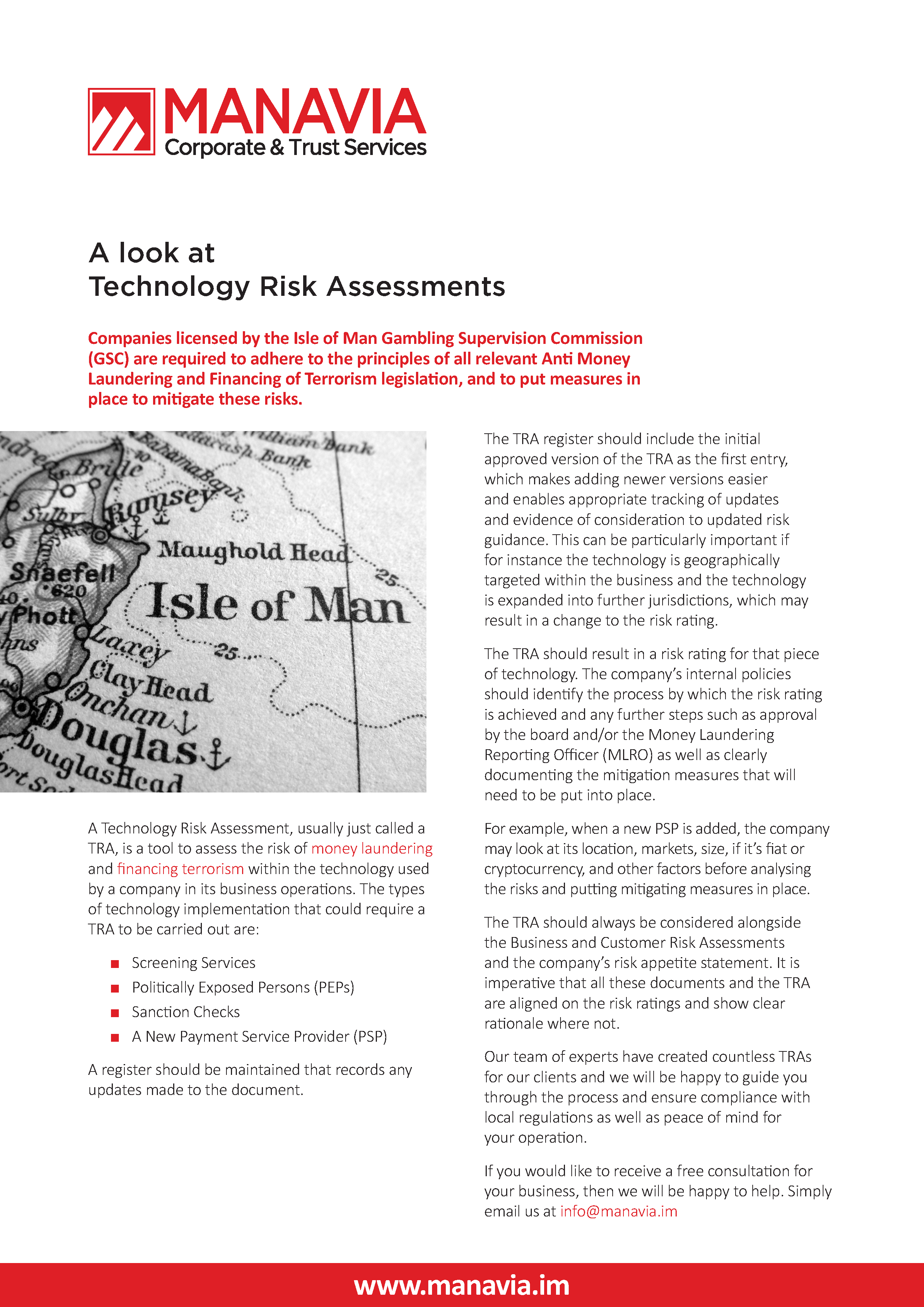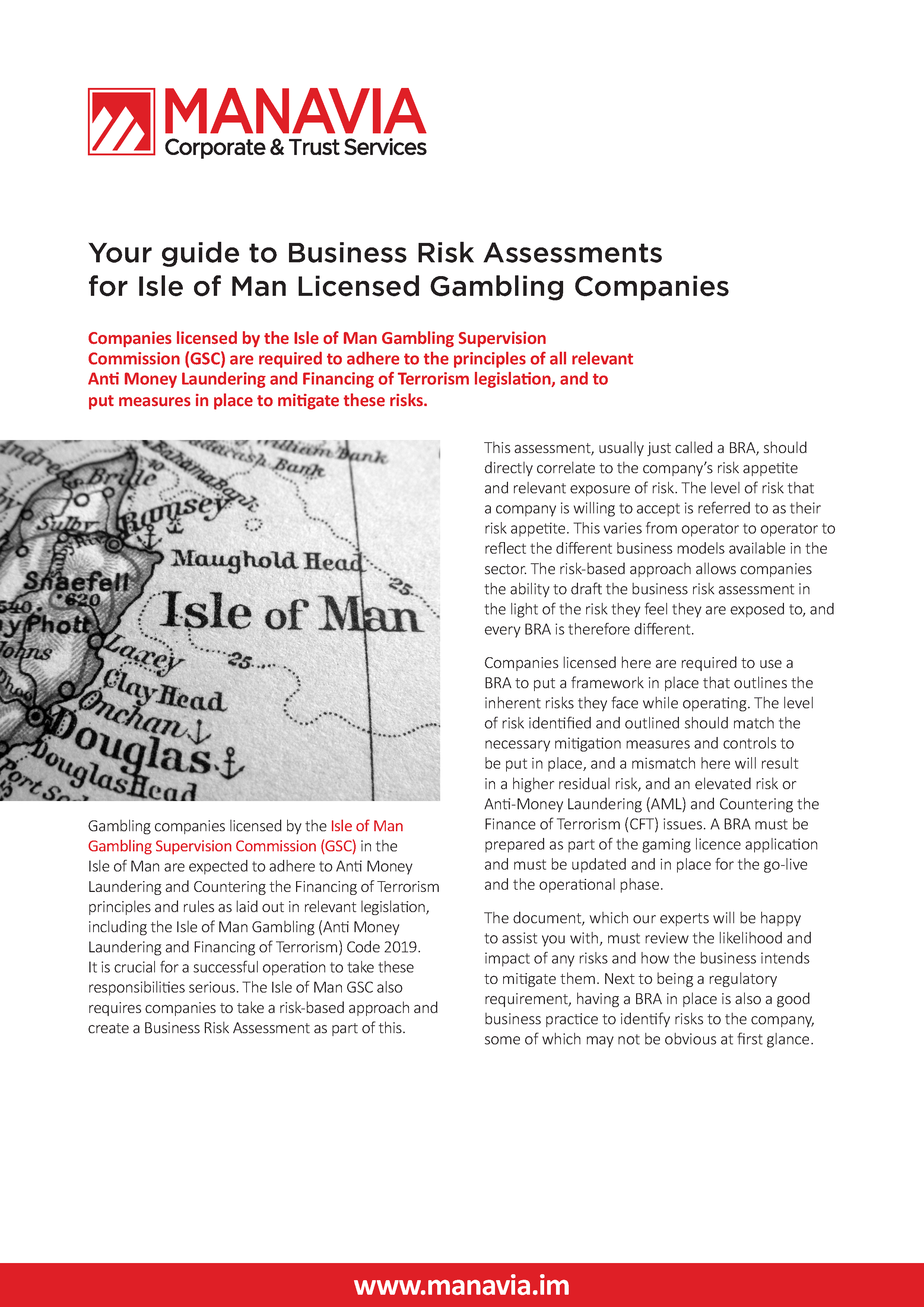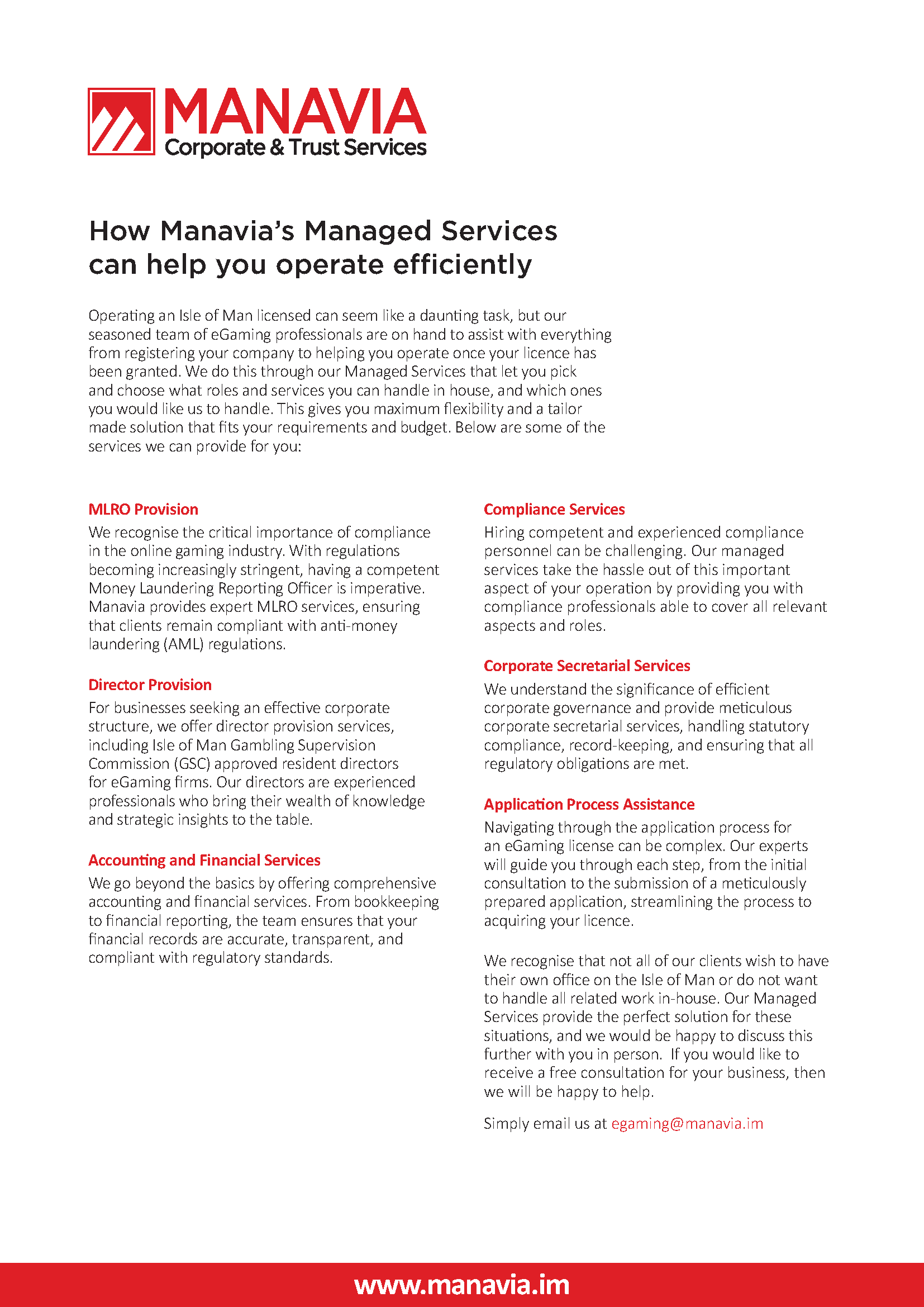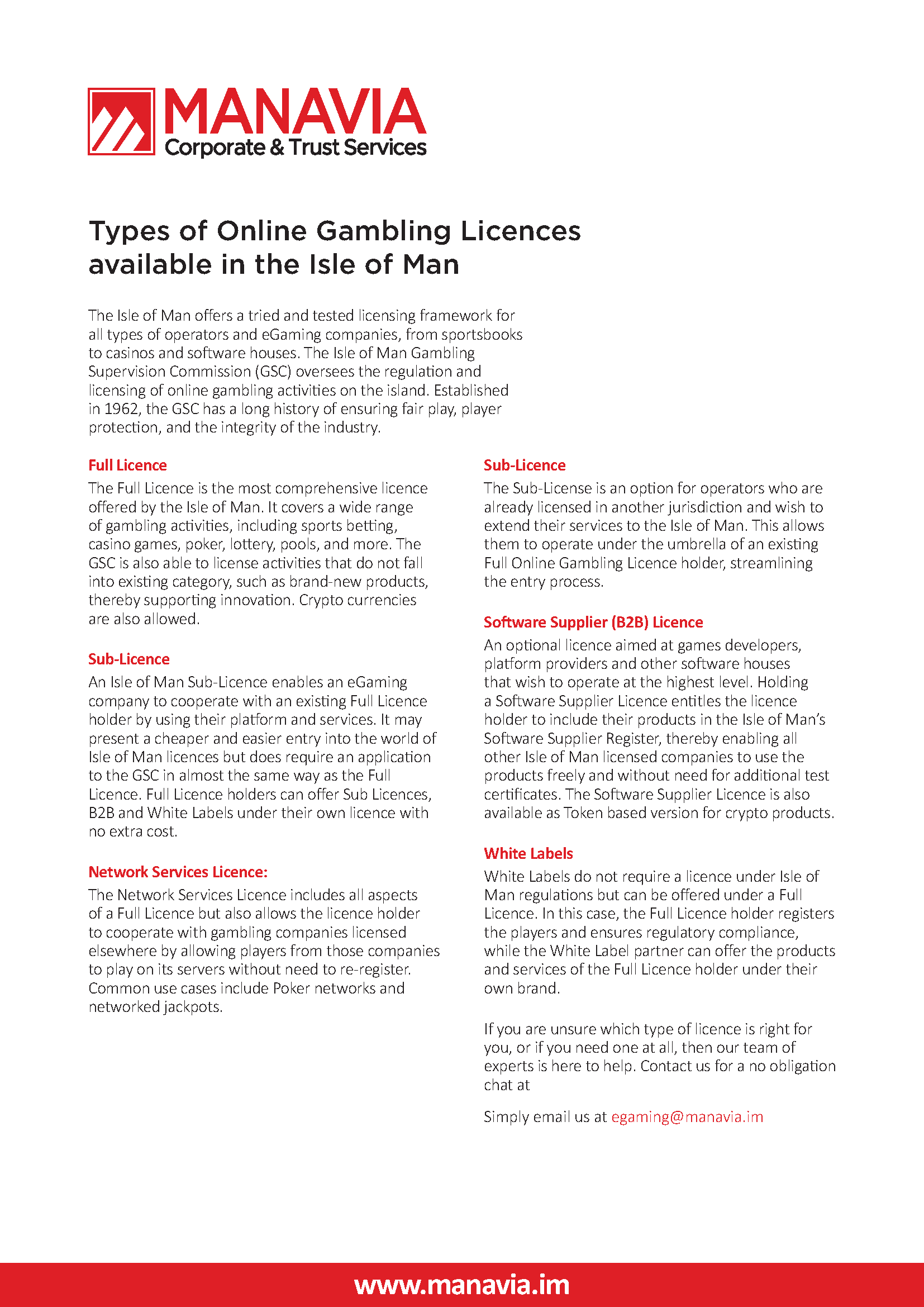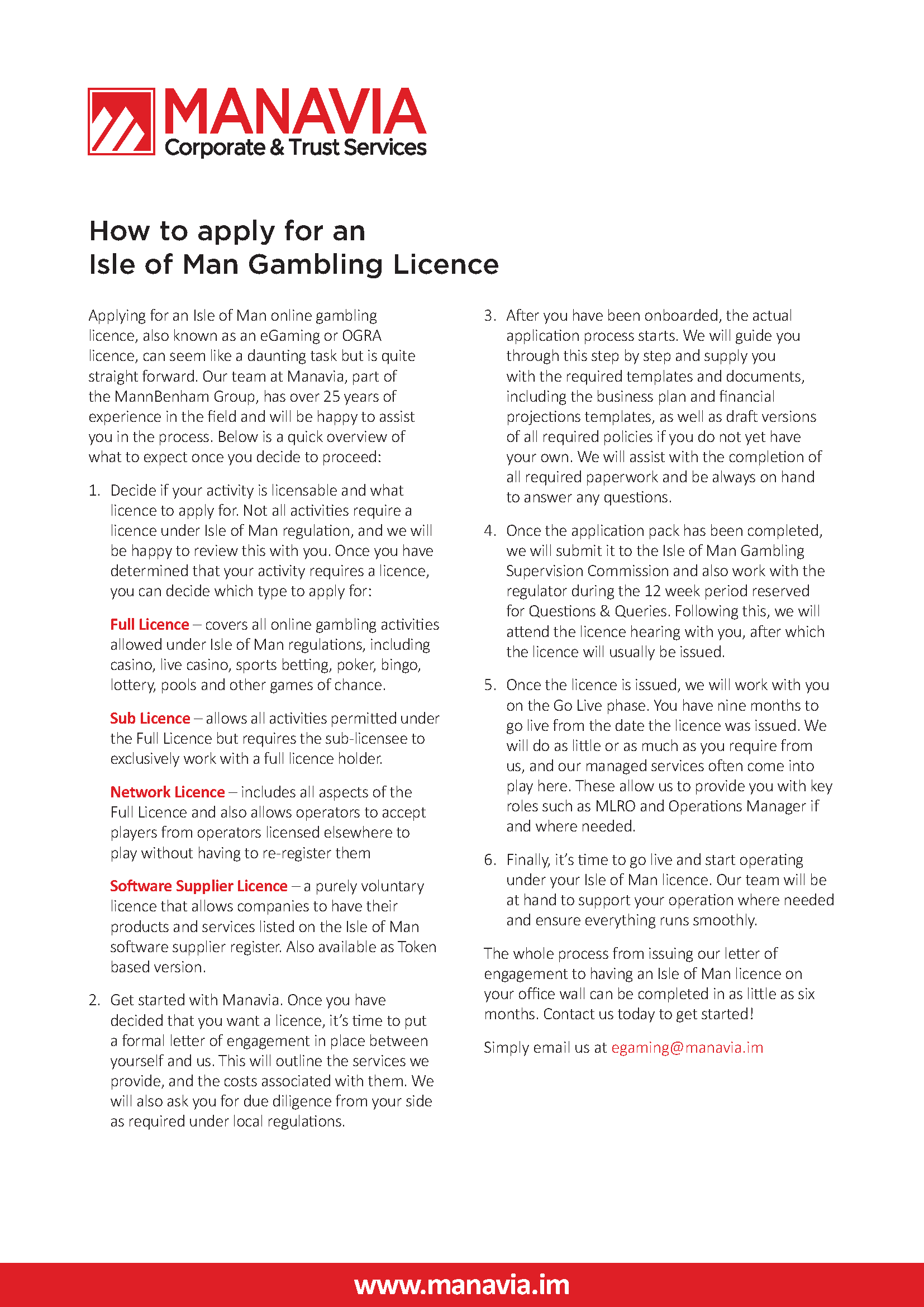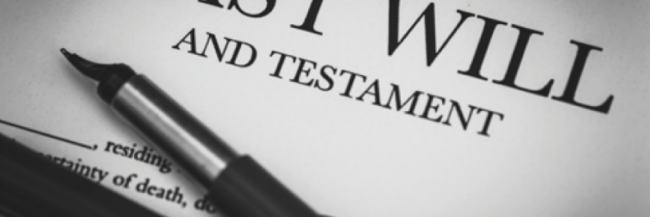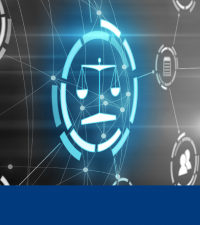
Power of Attorney | Explained
MannBenham Advocates are here for you to talk through what you need, with years of legal, professional experience and knowledge including specialists in the field of mental capacity, particularly with respect to Enduring Powers of Attorney and receivership matters.
What is a Power of Attorney?
A Power of Attorney (POA) is a document which permits one person or persons to act for another in the name of the donor of the power.
POAs are often used when a person wants to buy or sell property (eg house/apartment) but that person is going to be unavailable because for example they are going to be off Island when the sale/purchase is going through and another person is nominated to act on his/her behalf. This is a general Power of Attorney for a specific purpose.
The second scenario is where the Donor is at risk of losing mental capacity or wish to make provision for this possible eventuality. In this case the person giving the power must execute an Enduring Power of Attorney (EPA).
What is the difference between the two?
The difference between the two types of attorney is that mental incapacity will automatically terminate a POA whereas an EPA will continue to be effective.
An EPA allows a person (the Donor) who has mental capacity to nominate other people (the Attorneys) to act on behalf of that Donor.
The Donor will direct that the EPA remains in force nothwithstanding the Donor’s subsequent loss of mental capacity.
If the Donor has already lost mental capacity then he/she will not be able to make an EPA as he/she will no longer have the mental capacity to understand or sign the document.
Questions to consider…
There are a number of questions:
- Who do I want to act as my Attorney?
- When do I want the EPA to become effective ie from the date of the signing of the EPA or only on the Donor losing mental capacity?
- Do I want any limitations or restrictions on what property my Attorney(s) can deal with?
- How many Attorney(s) do I want to appoint?
This article will go someway to explain the answers to the previous questions – our legal advisers are on hand to answer your questions as part of our free, no obligation, consultation process…
Any person who is (a) over 18 (b) not subject to bankruptcy proceedings and (c) not mentally incapable themselves can become an Attorney. They need to be capable of understanding the terms of the EPA and their duty as an Attorney. Most people appoint family members or close personal friends. Often professional people such as Advocates and Accountants are appointed Attorneys but they are entitled to make a charge for the service. In the case of an EPA it is advisable to have at least one Attorney who is familiar with the Donor and his/her matters and financial circumstances. This should simplify matters should the Donor become mentally incapable.
If the Donor wishes the EPA to become effective before he loses capacity, the EPA will come into effect when it is signed by all parties. In this case the Attorney(s) will be able to deal with the Donor’s property whilst he is still mentally capable. Or, the EPA can be drafted so that it only comes into effect when the Donor loses mental capacity. This means that whilst the Donor is still mentally capable of dealing with his own matters, nobody else can do so without his/her consent.
There is no reason why the Donor should not grant a separate Power of Attorney if he/she wishes the Attorney or some other person to be appointed to do acts on the Donor’s behalf whilst he/she still has mental capacity.
How do I register the Enduring Power of Attorney?
Once it is established that the Donor has lost or is losing mental capacity, the Attorney must apply to the Court for the EPA to be registered. The application will need to be accompanied by written medical evidence that the Donor has lost or is losing mental capacity.
Written notice of the proposed registration must be given to the Donor, joint and several attorneys (if any) and the Donor’s near relatives as listed by the Powers of Attorney Act 1987. A copy of the EPA must be provided to any of the above categories of persons upon request.
Why would I need a Power of Attorney and can I give specific instructions?
An EPA is necessary when the Donor becomes or is becoming mentally incapable. It can also be useful when the Donor is physically incapable of managing his or her own matters, although in that case a POA can be used. An EPA can be include restrictions on the extent of the Attorney’s authority or confine it to a specific category of property of the Donor.
Examples of such restrictions would be that the Attorney may not sell the Donor’s house whilst the Donor is still mentally capable or that the EPA does not come into effect until the Donor loses mental capacity. The restrictions could be considered as a compromise between the flexibility of allowing the Attorney as much scope as possible to assist the Donor and the Donor’s wish to retain control whilst he/she is still fit and well enough to do so.
The EPA can conversely be drafted to give the Attorney a wide authority over the Donor’s assets or limited to specific authority to deal with certain specified aspects o the Donor’s matters. It is very bespoke.
Up to four Attorneys may be appointed but it is advisable that at least one of them is an Island resident.
Attorneys may be appointed to act jointly. This means that they must all agree on any particular course of action.
Or they may be appointed jointly and severally. This means and they can make decisions jointly and separately.
Whichever option is chosen must be the subject of careful consideration.If the Donor loses mental capacity and does not have an EPA it may be difficult to manage/handle his/her matters. In this case the only option may be apply to the Court for the appointment of a mental health receiver to deal with the person’s affairs and matters.
The cost of receivership usually outweighs the cost of preparing signing and registering an EPA, furthermore the person who has lost capacity has no control over who can make that application.
MannBenham are here for you
We are here for you to talk through what you need, with years of experience and knowledge including specialists in the field of mental capacity, particularly with respect to Enduring Powers of Attorney and receivership matters. Should you wish advice regarding Power of Attorneys or just wish to understand your options, please feel free to speak with one of our personal law team on +44 (0)1624 639350 or email them at [email protected] to arrange your free initial consultation.

